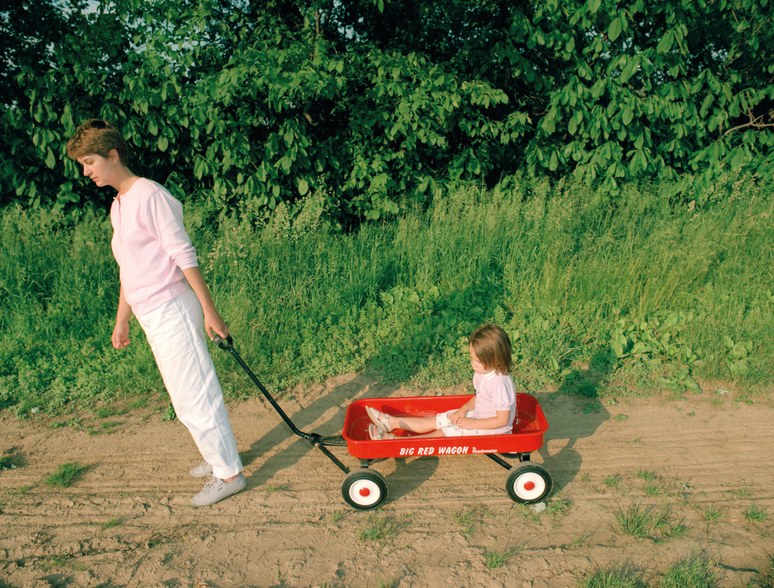Iridescent green flies on the dog shit scatter when I walk by.
I’ve never seen flies so vivid. Gorgeous, these shit-flies.
Someone sits on a park bench with head in hands.
A plot of ornamental grasses bends in resigned unison.
Helicopters overhead, how they move
like spirits with no conscience.
*
Patience. Rage and being told “be patient.”
The birds with orange heads and dust-colored bodies bob on the powerlines.
The poet explains a patient is “one who suffers.”
Beneath the underpass, a chair overturned in the fenced-in weeds
toward which a misplaced tenderness arises.
*
Each night, she says, and most mornings, refugees arrive.
Then ship off to Athens. Why would they want to stay, there’s nothing here.
*
Fog descended from the Pacific;
I took a bath with my biggest rock. A deity,
ancient, severe, rolling around in the bottom of the tub.
*
Nothing: a bookstore, a lotto place run by cousins, two bakeries, one
university, donated used baby clothes well-meaningly folded
and stacked, one detention center in the capital
road sign with the capital’s distance in kilometers spray painted FUCK
*
Where one bright aperture in the cloud has closed up
inner tubes and shoes and life vests on the shore.
My mother lives above this beach. She watches them.
*
After being asked for money by five separate people
an office supply truck passes, GIVE SOMETHING BACK across it.
I give five dollars to Ceci.
I gave two dollars to someone earlier, but he seemed disappointed.
I sit on a sunny curb in the parking lot, feeling useless, like a teenager.
Ha, who is American! my mother asks bitterly.
One of us looks down at the other.
Palm tree in the distance with the hair of a rocker dude.
*
My mother said fight.
She said they used to call her “the little Spañola.”
*
Photographs of water, like case studies.
How far away from yourself would you say you get?
When I swim the first time, I cannot call it pleasure.
‘Them’ here feels violent to me.
*
Three kids in the chilly light
of a convenience store’s back entrance
visible from the highway
between one California and another.
One squats looking at a phone,
two lean and smoke. Slouch
of interminable suburbia
interminable crap-jobs at fifteen
a flash, momentary as toward the city
we continue. As we do.
*
Four old paint drips
on the windowpane I look
at, not through.
Four old punctuation marks
a nearing helicopter cuts across.
I refuse to detail the humiliations that keep me up at night.
I am pulling a blanket over my head.
Or, I’m elated by 30 seconds of rain.
*
At the laundromat
churchlike, fastidiously polite,
I pair socks at the high counter,
plastic marbled to resemble marble
black, white, and blue.
A woman claims a whole row of washers
spacing five hefty trash bags
at even intervals, looking tired.
Here our delicates.
I sit down she gets up.
A stranger I want to convey kindness to.
The day opens like a compact,
mirror on one side
powder on the other.
- Ari Banias



